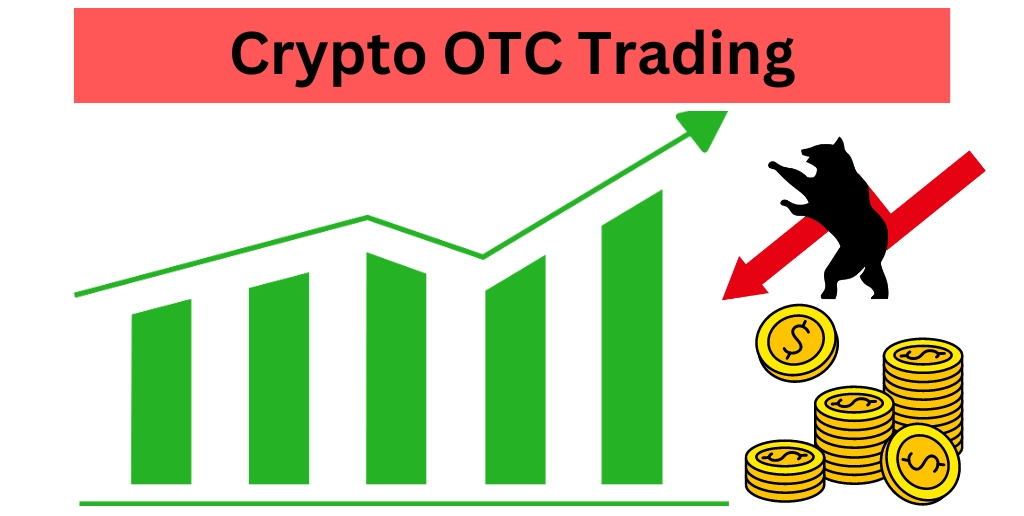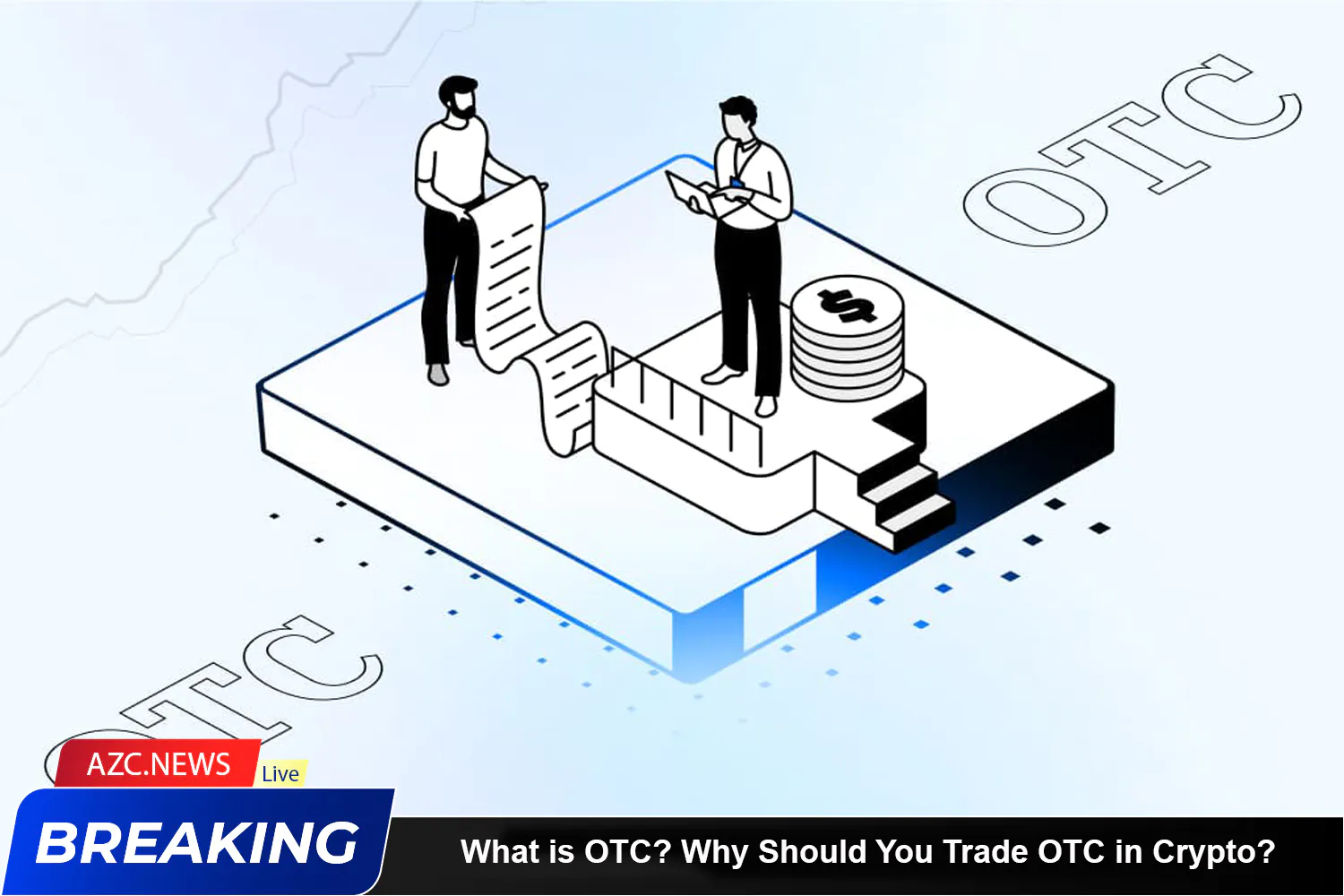What is OTC?
OTC (short for Over The Counter) is a term commonly used in the stock market to refer to securities that are not listed on an exchange. In the cryptocurrency space, OTC refers to private transactions for buying or selling cryptocurrencies that are not conducted on standard exchanges and do not have a public order book.

Currently, OTC trading is still favored by many due to its privacy and minimal impact on market prices. This is particularly useful for “Whales” – individuals or entities looking to buy or sell large amounts of cryptocurrency. If they execute their trades on an exchange, their transactions would be heavily affected by slippage. Therefore, OTC trading becomes an optimal choice for high-net-worth individuals wanting to carry out large transactions.
It is estimated that over half of cryptocurrency transactions occur through the OTC market. Moreover, the trading volume in the OTC market is two to three times larger than that of conventional exchanges.
Related: What is Pre-market? What You Need to Know about Pre-market
How OTC Trading Works
OTC trading, by nature, is a somewhat private service that exists on various levels, from individual to institutional.
- At the individual level, agreements can be verbally made and maintained through trust between the buyer and seller.
- For institutions, OTC trading is more complex, maintaining a network of cryptocurrency investors (buyers) and sellers. The OTC trader continuously updates on who is buying, selling, and the best times to execute a specific trade. When a buy or sell order arrives, the broker will purchase the necessary cryptocurrency or fiat currency to execute the trade.
Advantages and Disadvantages of the OTC Market
Advantages
- No third parties: OTC trading does not require intermediaries, making transactions faster and less expensive.
- Anonymity: Users do not need to share personal information and can arrange transactions via email, chat, or phone call without registering or providing personal data to any website or company.
- High liquidity: With OTC markets, large quantities of cryptocurrency can be traded without slippage, making it easier to convert significant assets into cash.
Disadvantages
- Time-consuming: Processing large transactions can take time.
- Affected by volatility: The price of a coin or token can change quickly due to large transactions, leading to volatility.
- High risk: Fewer regulations mean a higher risk of fraud. Always carefully check transaction details to minimize the chance of scams.
Why You Need to Trade Large Quantities of Bitcoin on the OTC Market

For investors looking to buy or sell large amounts of Bitcoin, placing orders directly on centralized exchanges can lead to significant market volatility and potential losses.
For example, selling 100 BTC can cause a sharp price drop, affecting the entire market. To avoid such difficulties, investors should consider using OTC trading for large-volume cryptocurrency transactions.
Conclusion
OTC trading offers many benefits to cryptocurrency investors, especially those dealing with large quantities. However, it’s essential to be aware of the associated risks and challenges to make informed trading decisions.
Through this article, AZC.News have provided you with information on what OTC trading is. If you have any questions, feel free to leave them in the comments section!








